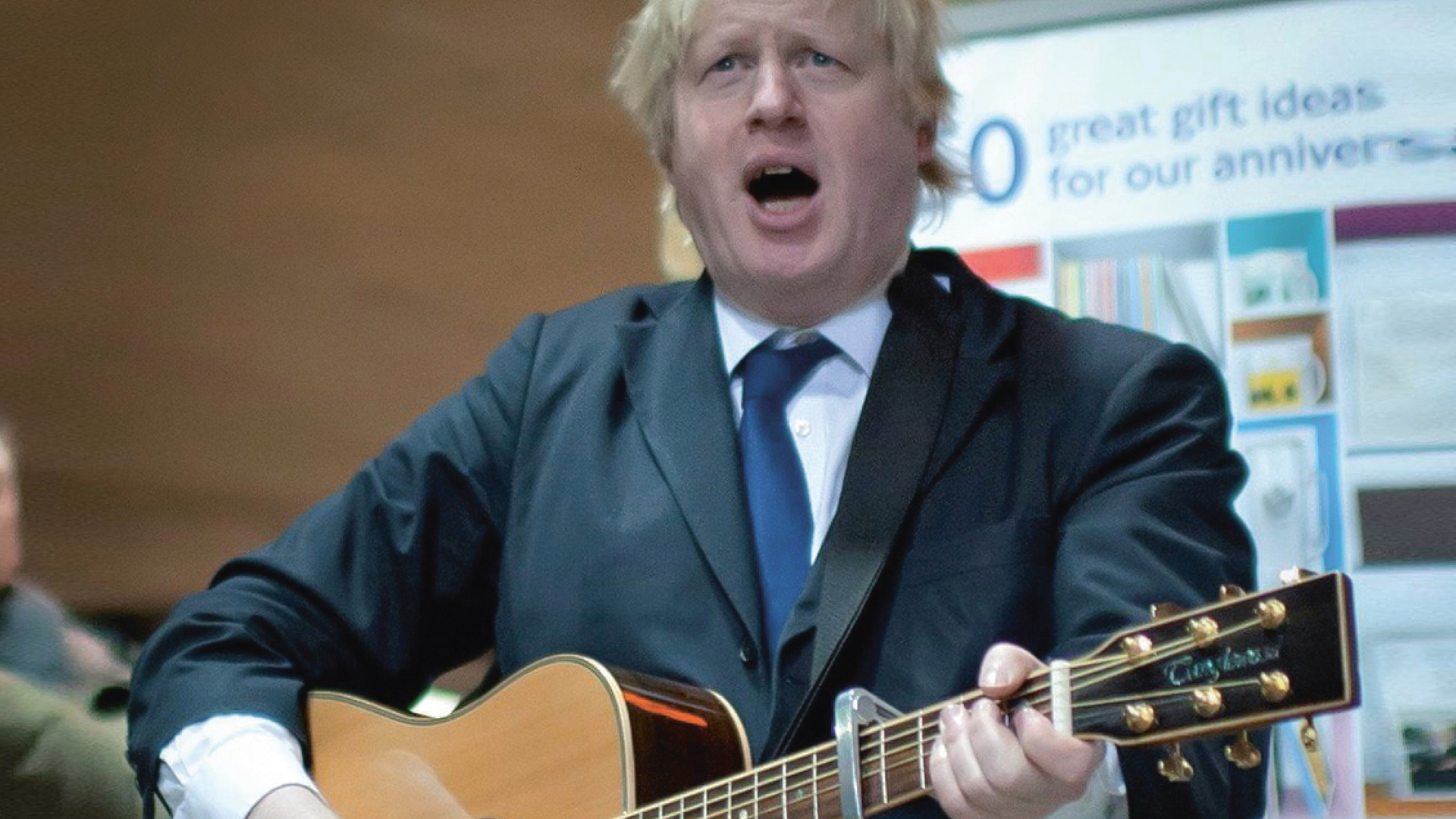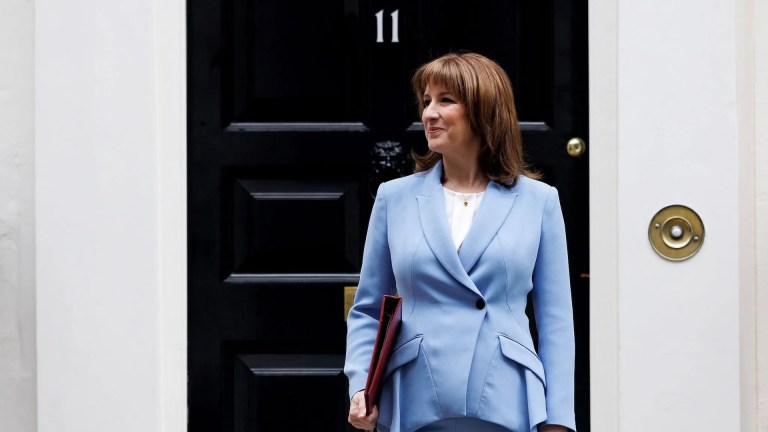Among countless unflattering images of Boris Johnson that the internet has enjoyed ridiculing over the years, there’s one from 2013 back when he was Mayor of London which in some ways encapsulates the dire predicament the British music industry faces in coming months.
As part of a busking-based publicity exercise, the future PM strums an acoustic guitar with his fretting hand above the capo. Reasonable ground to speculate that our great leader cares for the most fundamental mechanics of how a guitar functions, and ergo popular music in general, about as much as he does, say, mopping in the aftermath of a flood
Live music – predicated as it is on international travel and large gatherings – is among those being hit hardest and first
It’s less funny when you consider that Johnson is the man on point as the music industry faces a dual crisis, of coronavirus and Brexit, that threatens to prove as debilitating to the live sector as the illegal downloading tsunami of the early 2000s was for physical record sales.
Almost no area of life and work will go untouched by the global pandemic, but live music – predicated as it is on international travel and large gatherings – is among those being hit hardest and first. In unprecedented moves, major American music festivals SXSW and Coachella have been respectively cancelled and postponed. Tours big and small, journeying near and far, are being cut across the board, spreading fear in a business which operates on slim margins at the best of times. The 2019 Conservative manifesto for the General Election made much about Britain’s creative industries and how they “lead the world – and will continue to do so after Brexit”. Will the Government be prepared to put its money where its mouth is, even if it takes bailouts akin to those offered to banks and airlines in times of crisis?
The music industry contributes around £5.2bn to the UK economy, of which the live music sector accounts for £1.1bn. It’ll be at grass roots level that help may be most acutely required – an area perennially struggling against venue closures, yet no less vital than ever to ensuring that the entire house of cards stays upright by developing the stars of tomorrow
Stats published in early March by the Music Venue Trust based on a survey of grassroots venue members across the UK found that 40.1 per cent of them had already noticed identifiable downturn in gross income, while 37.7 per cent had noticed more fans buying tickets but not coming to gigs. Some 19.1 per cent of venues had seen shows cancelled outright. All of this before any enforced closures such as we’ve seeing Italy and Germany. “We have over 40 per cent of venues reporting losses of 10-50 per cent,” the Trust’s CEO Mark Davyd told NME. “The ability of the sector to suffer this for any length of time is completely negligible really.” Festivals such as Glastonbury, Isle of Wight and TRNSMT meanwhile will be holding their breath and hoping that the worst of coronavirus has passed before summer arrives. Very few festivals have insurance that covers cancellation as a consequence of communicable diseases.









